Silica for Plants: The Secret Ingredient
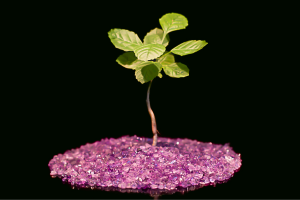
Silica for Plants
Silica for plants – unsung hero of plant nutrition. Often overlooked but crucial, silica is like the plant world’s version of a daily multivitamin. It’s the backbone for the mighty oaks, the resilience behind the blooming roses, and the armor for the luscious tomatoes in your garden.
What is Silica and Why Do Plants Love It?
Silica, or silicon dioxide, is a natural compound found abundantly in the earth’s crust. For plants, it’s like a gym workout that toughens them up from the inside out. When absorbed, it reinforces cell walls, turning delicate seedlings into robust warriors of the plant kingdom.
Who Benefits from Silica Supplements?
While all plants contain some silica, certain ones sing its praises louder. Hydroponic favorites like cucumbers, tomatoes, and peppers thrive on silica’s strength-boosting qualities. On solid ground, grains such as rice, barley, and oats are silica enthusiasts, storing it like a treasure.
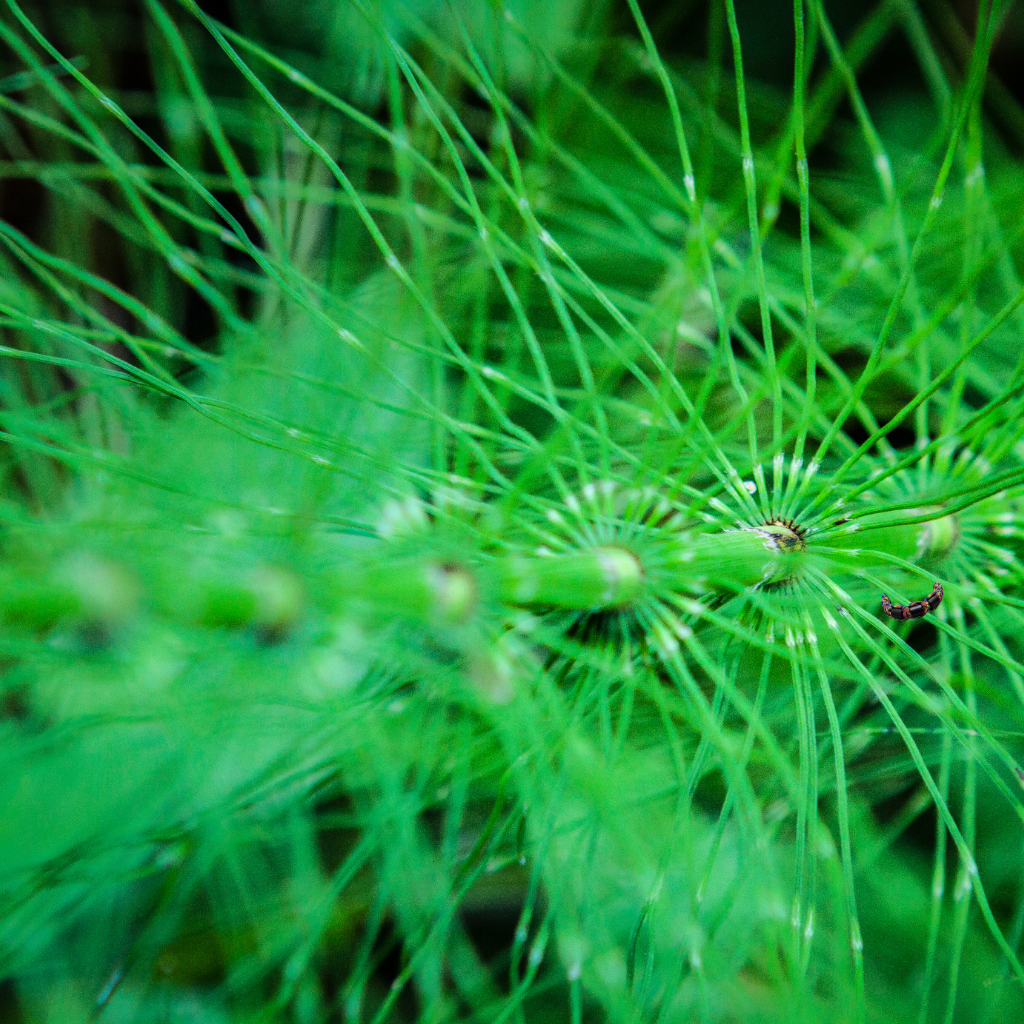
The Key Features of Silica: The Good and the Not-So-Good
The Pros:
- Strengthens Structure: Like a bodybuilder’s protein shake, silica bulks up cell walls for sturdier plant frames.
- Enhances Growth: It’s the green thumb’s growth serum, accelerating development from sprout to splendor.
- Boosts Disease Resistance: Silica is the shield that guards against the siege of fungal and insect foes.
- Improves Drought Tolerance: Plants can laugh in the face of a dry spell with silica’s hydration-keeping prowess.
The Cons:
- pH Level Changes: Some silica supplements, especially those containing potassium silicate, can raise the pH level of the soil or growing medium. This might not be ideal for acid-loving plants, which could suffer from nutrient lockout at higher pH levels.
- Nutrient Imbalance: Silica can interact with other nutrients in the soil, potentially leading to imbalances. Excess silica might compete with nutrients like phosphorus, leading to deficiencies that can affect plant growth.
- Potential Toxicity: While silica is generally safe, too much of it can be harmful. High concentrations of silica can lead to toxicity symptoms in plants, such as stunted growth or discoloration.
So, there you have it, my hydroponic friends – silica is pretty much a secret weapon in your grow-op arsenal. It’s like giving your plants a suit of armor and a protein shake, all rolled into one. Slip some mono-silicic acid (MSA) into your system, and watch your green babies bulk up, sip on those nutrients more effectively, and laugh in the face of fungal invasions.
Plus, with silica’s knack for keeping things moist, you’re not just growing smarter, you’re also doing Mother Nature a solid with water conservation. Just remember – the magic is in the mix, so stick to the script when adding it to your setup. Get it right, and you’re on a straight path to some epic hydroponic wins. Keep on growing!
Products with Silica
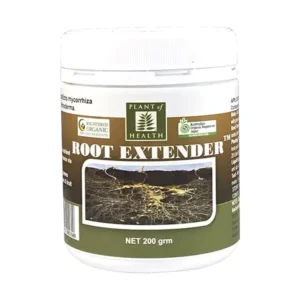
Organic Root Extender
$54.50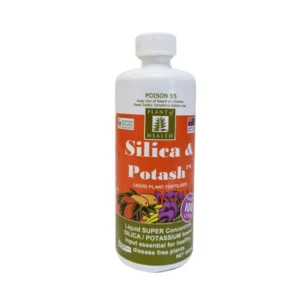
Silica and Potash Liquid Fertiliser Concentrate
1 reviews $16.50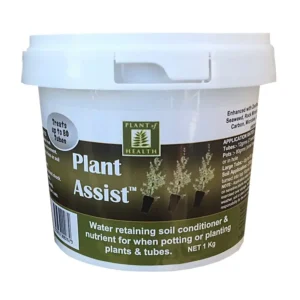




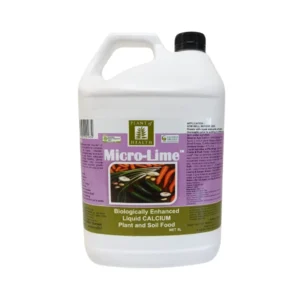
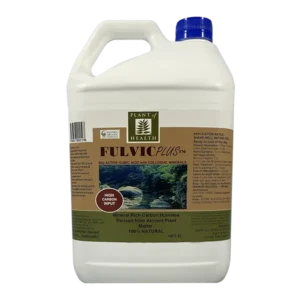
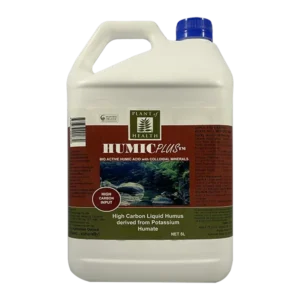
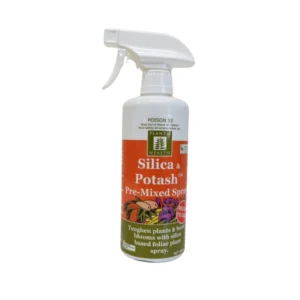
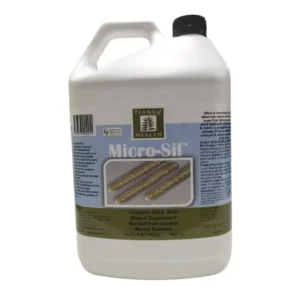
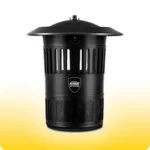 Mosquito Traps
Mosquito Traps